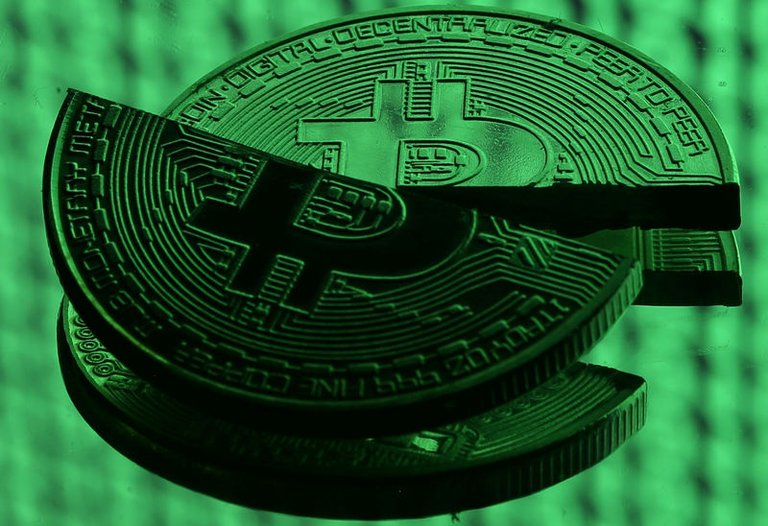
South Korea's financial regulator said on Monday it is jointly carrying out inspections on six local banks that offer virtual currency accounts to institutions amid growing concerns increasing use of assets like bitcoin could lead to a surge in crime.
The joint inspection by the Financial Services Commission (FSC) and Financial Supervisory Service (FSS) will check if banks are adhering to anti-money laundering rules and using real names for accounts, FSC Chairman Choi Jong-ku told a press conference.
"Virtual currency is currently unable to function as a means of payment and it is being used for illegal purposes like money laundering, scams and fraudulent investor operations," said Choi.
"The side effects have been severe, leading to hacking problems at the institutions that handle cryptocurrency and an unreasonable spike in speculation."
The six banks named by the regulator are NH Bank, Industrial Bank of Korea (KS:024110), Shinhan Bank [SHINBC.UL], Kookmin Bank [KOOKM.UL], Woori Bank (KS:000030) and Korea Development Bank [KDB.UL]. NH Bank and Shinhan Bank representatives declined to comment, while the other banks could not immediately be reached for comment.
Officials are also looking at ways to reduce risks associated with cryptocurrency trading in the country, which could include shutting down institutions that use such currencies, he said.
Bitcoin (BTC=BTSP) and other virtual coins have been extremely popular in South Korea, drawing wide investments from housewives and students. Government officials have broadly expressed concern over frenzied speculation, with South Korea's central bank chief warning of "irrational exuberance" in trading of virtual currency last month.
A South Korean cryptocurrency exchange, Youbit, shut down and filed for bankruptcy in December after it was hacked twice last year, highlighting security and regulatory concerns.
The world's biggest and best-known cryptocurrency, bitcoin, stood at $15,994 as of 0551 GMT.
Choi warned on Monday authorities would crack down on virtual currency crime and dole out heavy punishments on those who partake in market price manipulation, pyramid schemes and money laundering.
"No one knows what is going on at these places that handle cryptocurrency because there is no direct regulation system in place regarding these institutions," Choi said.

Hi! I am a robot. I just upvoted you! I found similar content that readers might be interested in:
http://www.asahi.com/ajw/articles/AJ201801080029.html